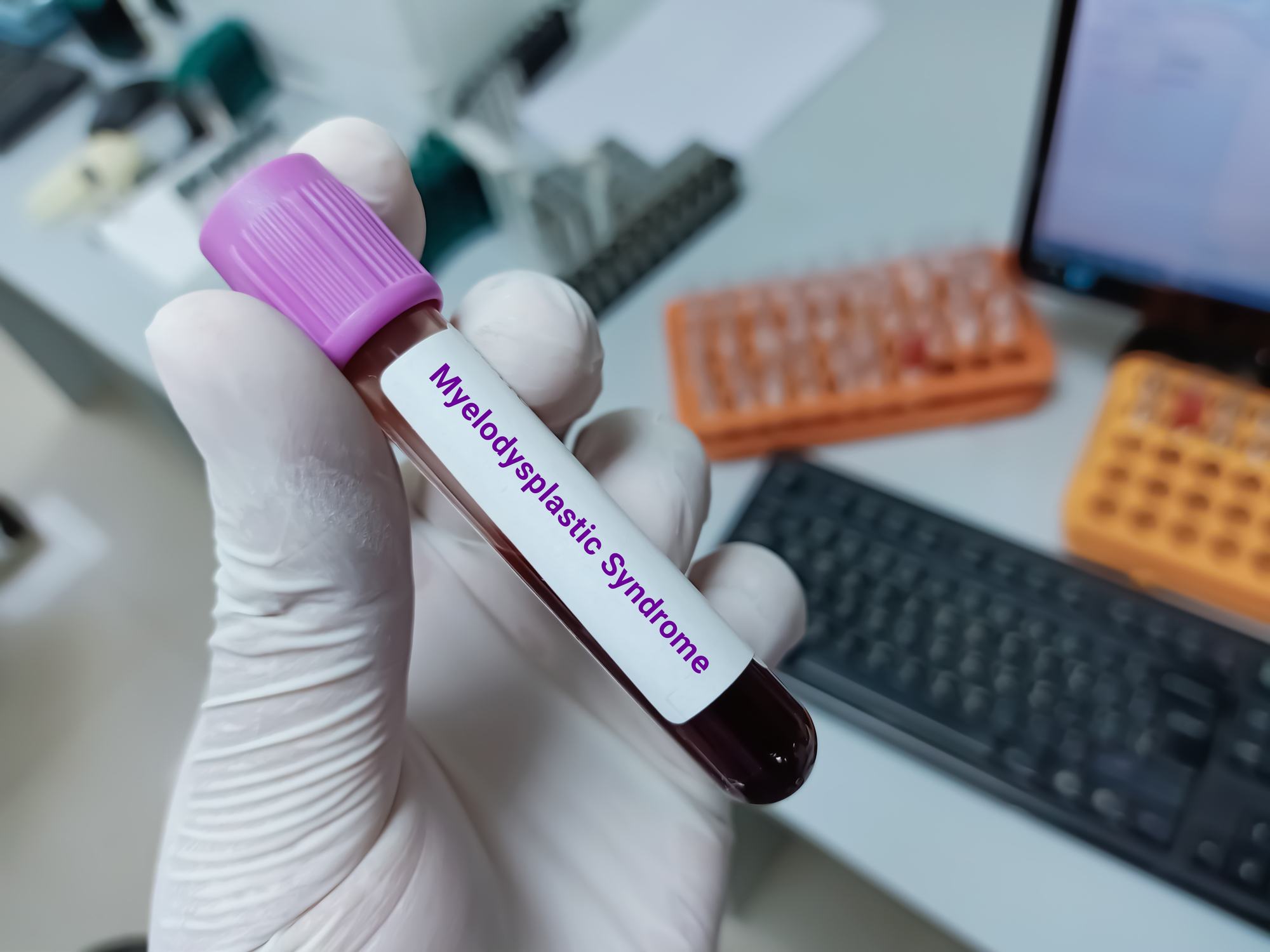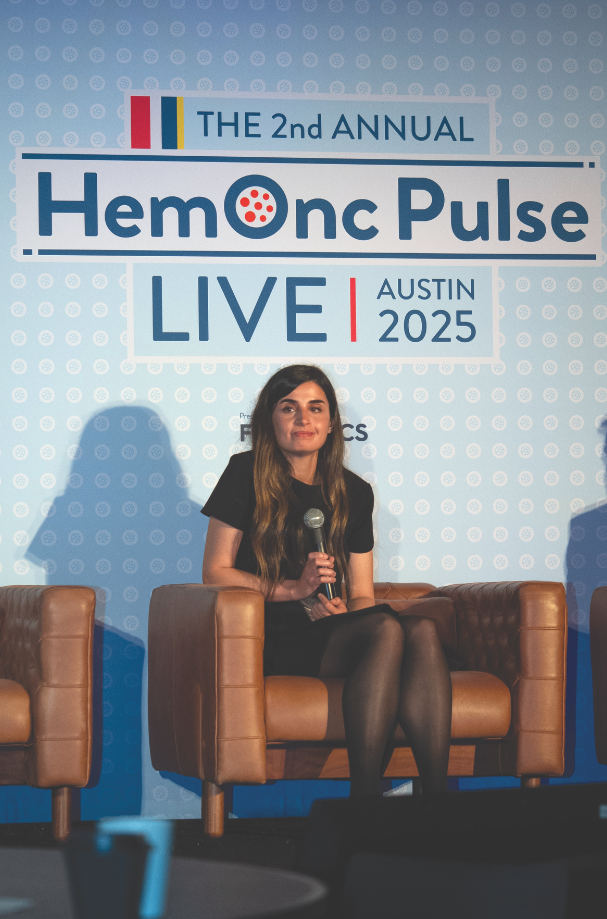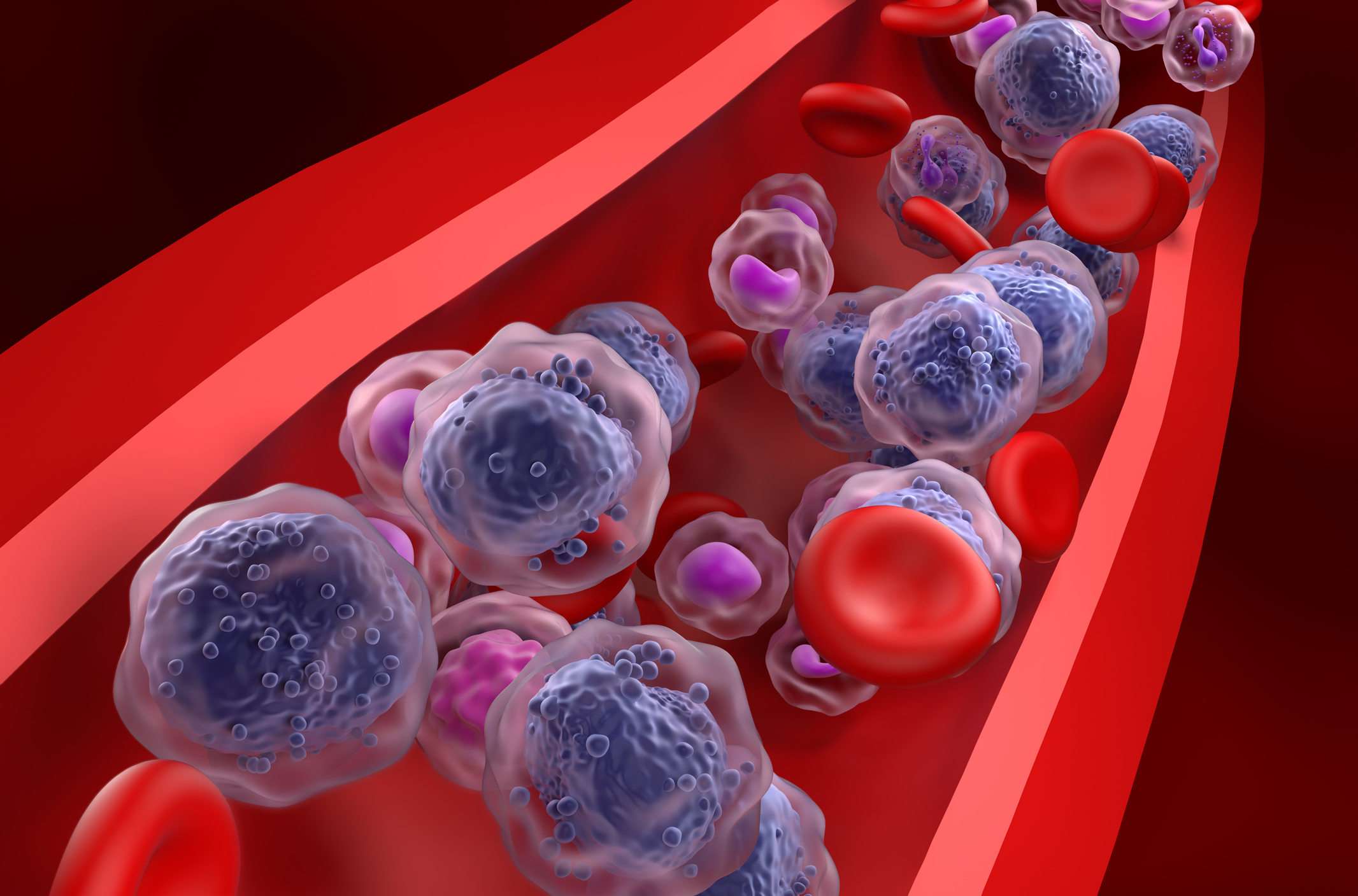Simona Colla, PhD, on Understanding the Molecular Mechanism of MDS
By Simona Colla, PhD, Melissa Badamo, Leah Sherwood - Last Updated: April 19, 2024Dr. Colla, an Associate Professor in the Department of Leukemia at the University of Texas MD Anderson Cancer Center, discussed her current research at the American Association for Cancer Research (AACR) 2024 Meeting.
“My laboratory at MD Anderson is currently working on trying to understand the molecular mechanism through which cells from myelodysplastic syndromes (MDS) expand into the bone marrow in the patient,” Dr. Colla began. “The goal is to find a new therapeutic approach for MDS, which so far remains incurable,” she explained.
MD Anderson’s Moon Shot® project focuses on developing a new therapeutic opportunity to overcome anemia in patients with MDS. Specifically, the researchers are working with Ajax Therapeutics to develop a small molecule inhibitor to target the heme-regulated eIF2α kinase (HRI) pathway, which is believed to be fundamental in driving aberrant erythroid differentiation and therefore resulting in anemia.
“Anemia remains one of the most important phenotypes in this patient,” Dr. Colla said. “Although patients do not die of the disease itself, transfusion can induce a huge toxicity in the blood. This patient can develop problems in the liver and the heart, and in the end can have organ failure.”
Dr. Colla and colleagues are also trying to develop a new therapeutic approach to overcoming failure to hypomethylating agents (HMAs), which is currently the standard of care for MDS.
“Only 50% of patients respond to this therapy, and the other 50% can progress to acute myeloid leukemia,” Dr. Colla explained.
Other research focuses on preventing the development of MDS by targeting the early stage of the disease, clonal cytopenia of undetermined significance, when patient symptoms are limited and only a minimal proportion of bone marrow cells are mutated.






 © 2025 Mashup Media, LLC, a Formedics Property. All Rights Reserved.
© 2025 Mashup Media, LLC, a Formedics Property. All Rights Reserved.